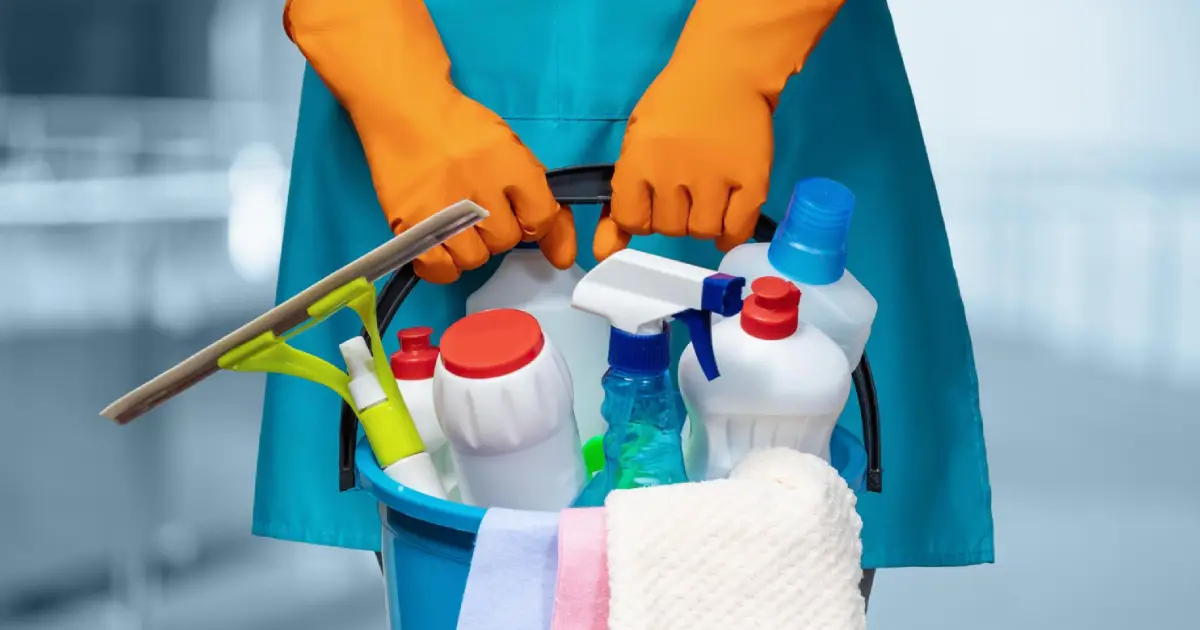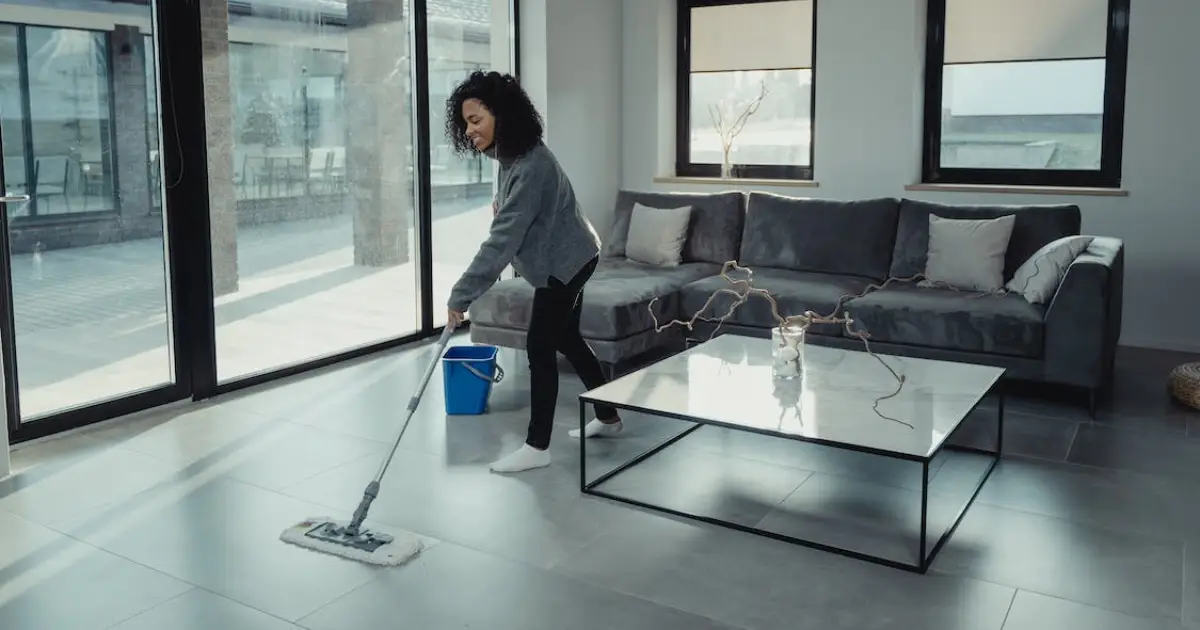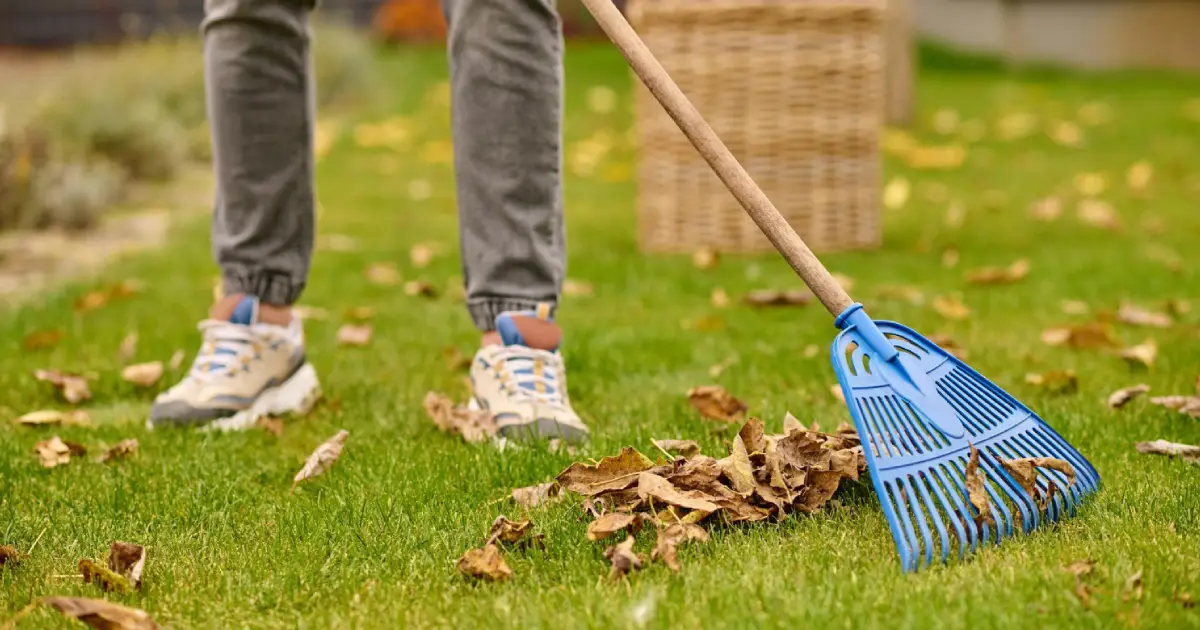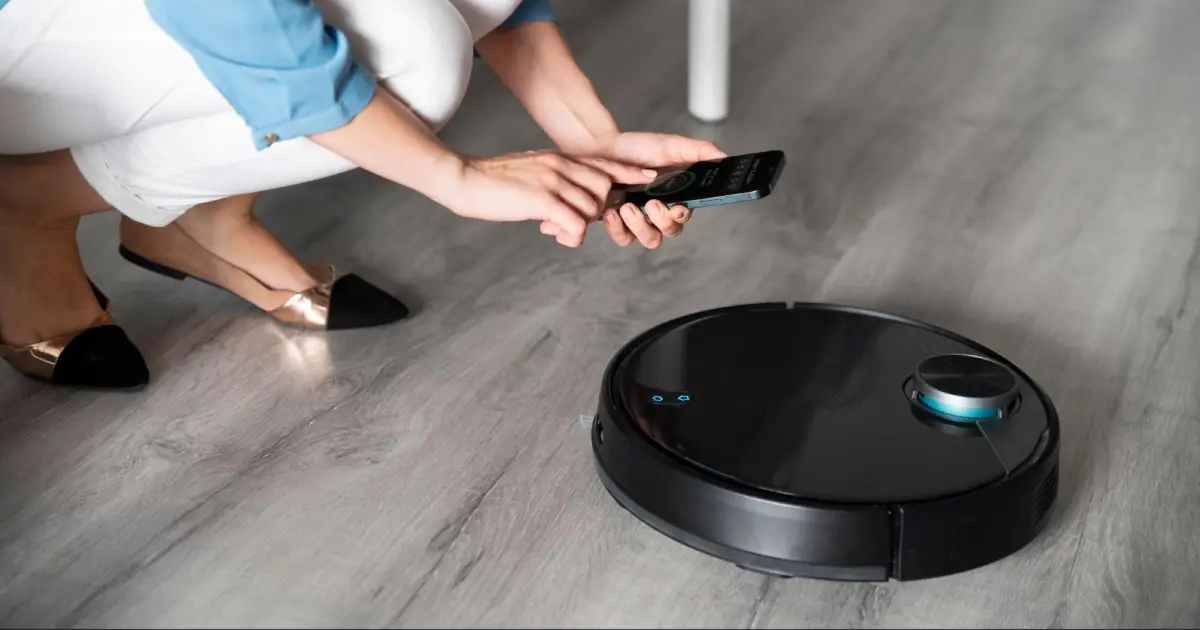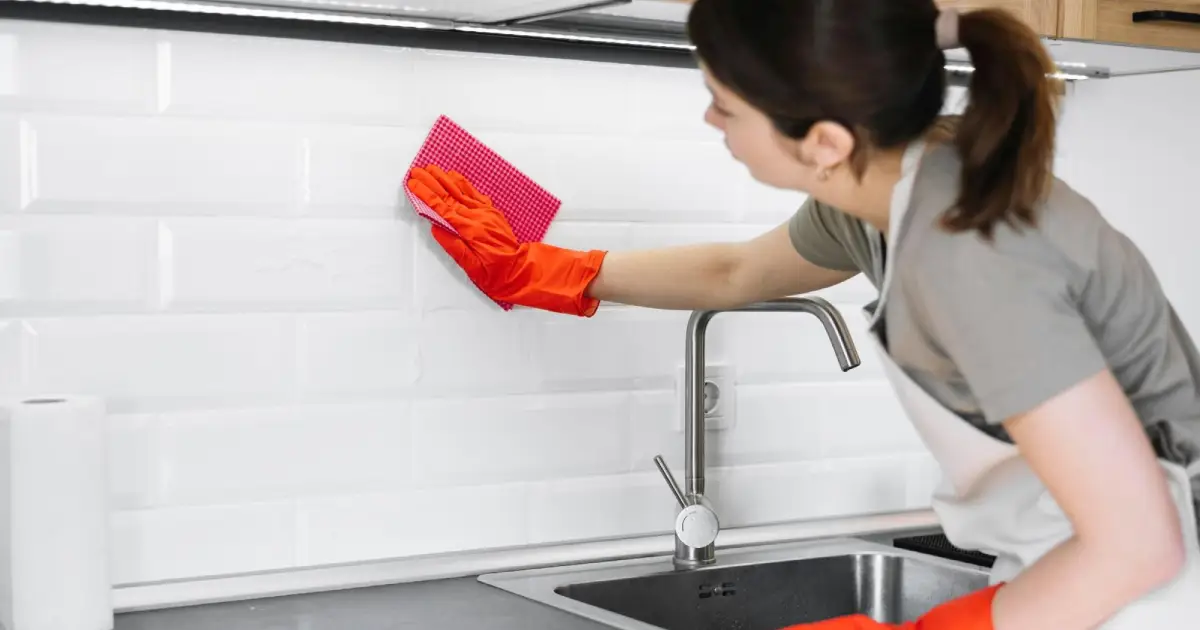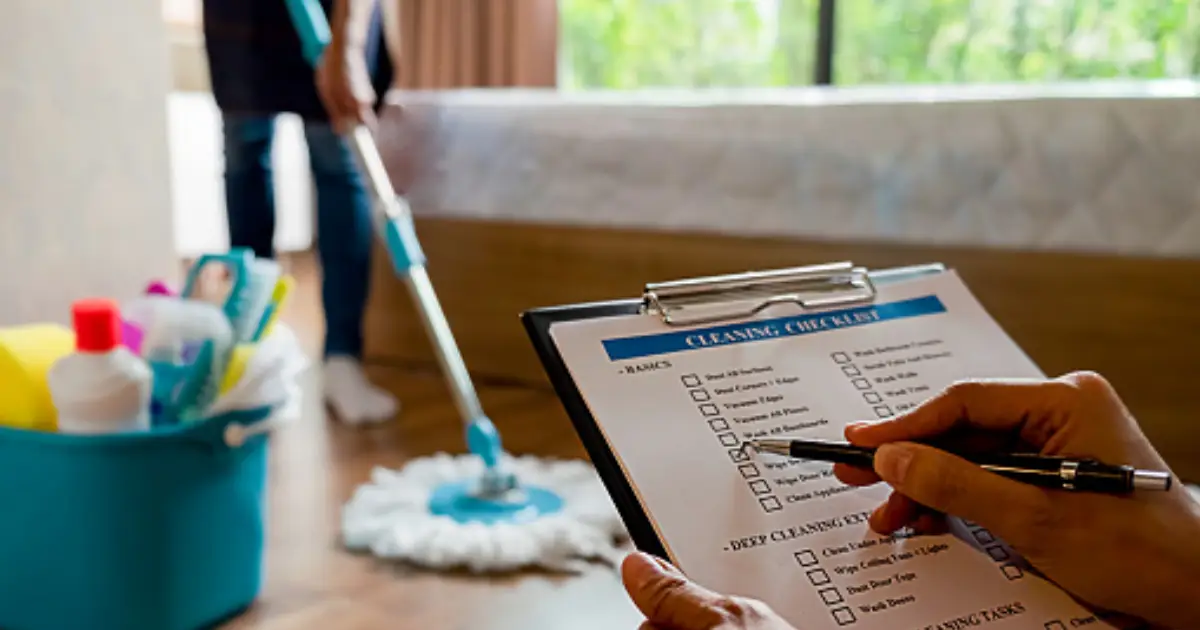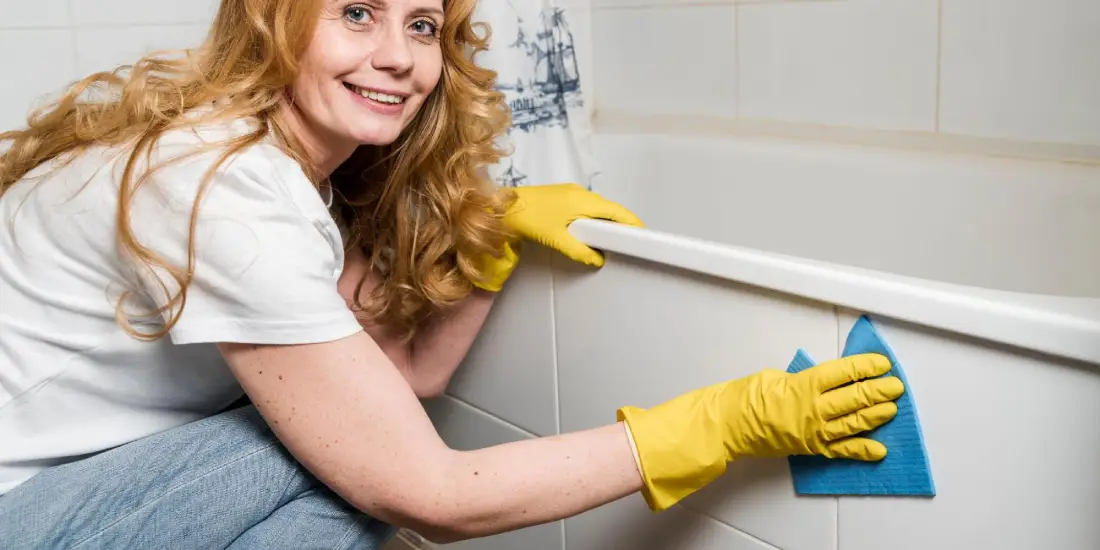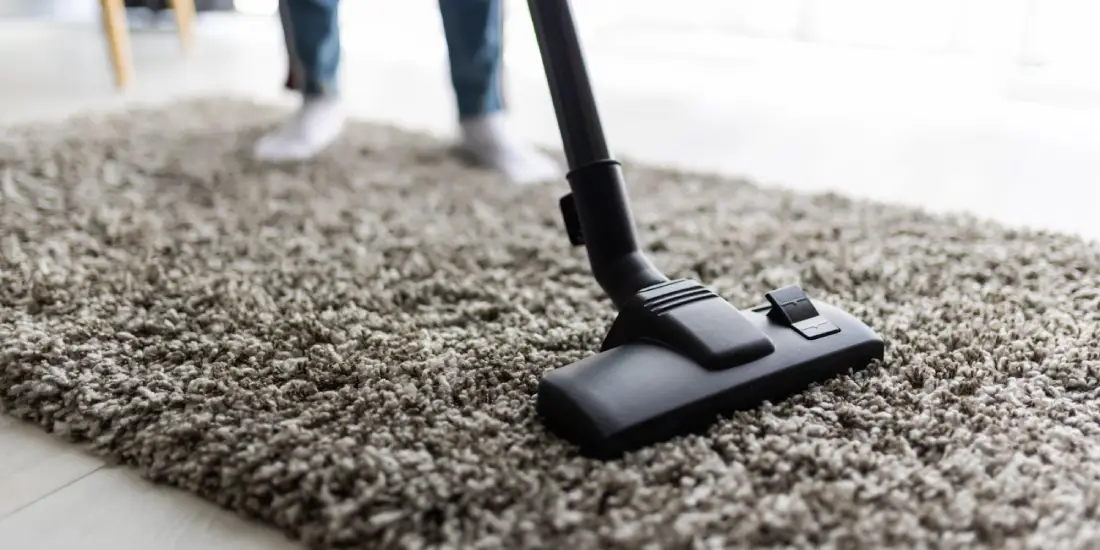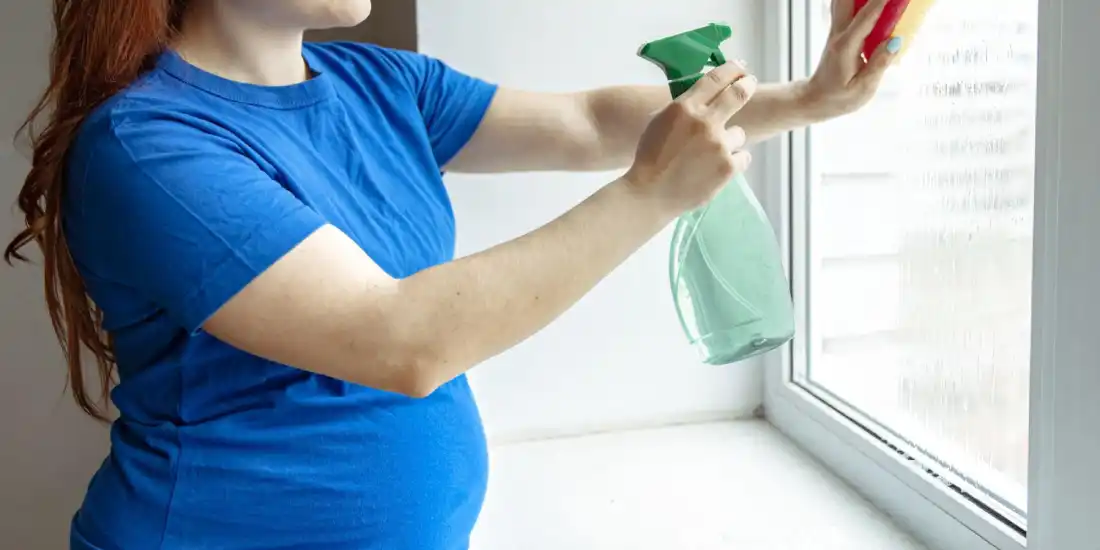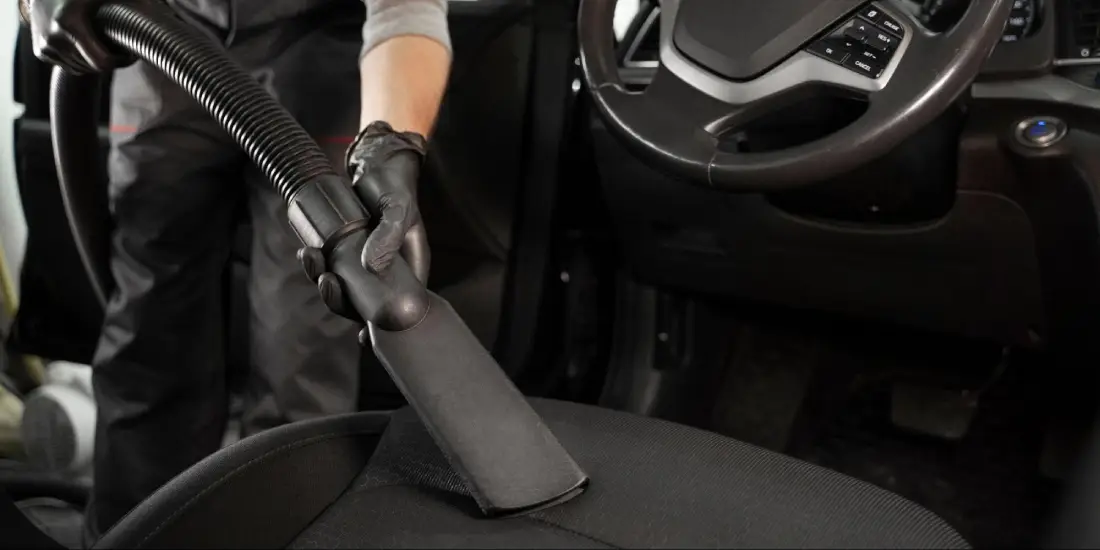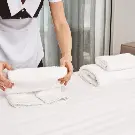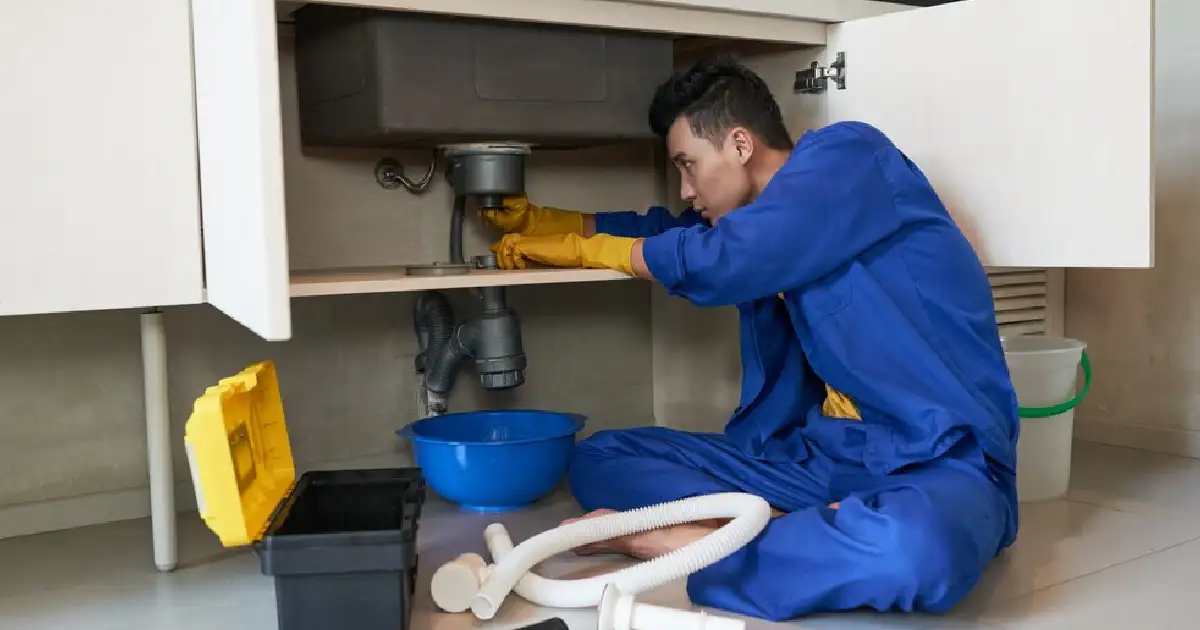
Clogged drains are a significant source of indoor air pollution, according to a study by the National Institute of Environmental Health Sciences. Clogged drains—they're every homeowner's nightmare. It is common to be unpleasantly surprised when you are knee-deep in water that simply will not drain before you give it much thought. The significance of having clean drains in your home will be highlighted in this blog, along with some of the typical problems clogged drains cause for homeowners.
The significance of having clean drains in the household
The risks of buffing debris into tiles
- Preventing clogs and slow drains: Clogs and slow drains can be a major inconvenience and can even lead to more serious problems, such as water damage. Clean drains help to prevent these problems by allowing water and waste to flow freely.
- Eliminating foul odors: Clogged drains can also produce unpleasant odors. Clean drains help to eliminate these odors and keep your home smelling fresh.
- Reducing the risk of bacteria and mold growth: Clogged drains can provide a breeding ground for bacteria and mold. Clean drains help to reduce the risk of these harmful microbes growing in your plumbing system.
- Protecting your plumbing system: Clogged drains can put pressure on your plumbing system, which can lead to leaks and other damage. Clean drains help to protect your plumbing system and extend its lifespan.
Common challenges faced by homeowners regarding clogged drains
Ensuring clean drains in your home is more than just a matter of convenience; it's a fundamental aspect of maintaining a healthy and pleasant living environment. First and foremost, clean drains contribute significantly to your family's well-being, as clogged drains can foster harmful bacteria and unpleasant odors. Neglecting this can lead to potential plumbing and damage costs that can quickly add up. Beyond function, the aesthetic value of clean drains shouldn't be underestimated; it's the small, often overlooked details that contribute to the overall cleanliness and beauty of your home. So, keeping your drains clean isn't just about practicality; it's about safeguarding your health, your wallet, and the aesthetics of your living space.
Ensuring clean drains is a fundamental aspect of maintaining a healthy and pleasant living environment. For more comprehensive household maintenance tips, discover essential house cleaning tips to enhance your living space's overall cleanliness and beauty.
Common Causes of Drain Blockages:
- Hair accumulation in bathroom drains
- Food particles and grease in kitchen sinks
- Soap scum build-up over time
- Foreign objects flushed down toilets
- Tree roots infiltrating sewer lines
- Mineral deposits in hardwater areas
- Insufficient water flow in seldom-used drains
- Inadequate or damaged plumbing systems
- Excessive toilet paper or non-flushable items
Cleaning the Shower Drain: A DIY Approach
Regular attention is crucial when it comes to shower drain maintenance. Hair, soap scum, and other debris can build up over time and cause blockages or slow draining. Here is a quick DIY method you can use at home to keep your shower drain from clogging without waiting for a plumbing emergency.
Materials Needed
- Baking soda
- White vinegar
- Boiling water
Step-by-Step Guide
- Clear Out Extra Debris: Before you start, remove any visible hair or debris from the drain's surface.
- Start by pouring a little under a cup of baking soda down the drain. Aim to send it as far down the pipe as you can.
- Follow with White Vinegar: After the baking soda, pour an equal amount of white vinegar down the drain. You'll notice some fizzing and bubbling—don't be alarmed; it's just the chemical reaction breaking down the gunk in your pipes.
- Let It Sit: Leave this mixture to work its magic for 10-15 minutes. It's a good time to boil some water while you wait.
- Rinse with Boiling Water: After the waiting period, carefully pour a pot of boiling water down the drain. This helps flush out the loosened debris and further clears the pipe.
- Repeat If Necessary: For stubborn clogs or if it's been a while since the last cleaning, you may need to repeat these steps.
Regular Maintenance: To prevent future issues, consider performing this DIY cleaning once a month or as needed.
Benefits of Scheduled Professional Plumbing Care for Drain Cleaning
Expertise
Professional plumbers offer expertise in effectively cleaning drains. When it comes to selecting the right professionals for your home, understanding what to look for in a service provider is key to ensuring the best care for your home.
Peace of mind
Knowing that your drains are being professionally cleaned on a regular basis can give you peace of mind. You won't have to worry about unexpected clogs or backups, and you can be confident that your drains are flowing freely and efficiently.
Preventive maintenance
Scheduled professional drain cleaning can help prevent clogs and other problems from developing in the first place. This can save you money on repairs and replacements in the long run.
Extended lifespan of your plumbing system
Clean drains are less likely to corrode or develop leaks. This can help to extend the lifespan of your plumbing system and save you money on replacements.
Which Professional Services Are Recommended to Clean Your Drains?
Hydro-jetting
Hydro-jetting uses a high-pressure stream of water to clean drains and remove clogs. It is a very effective way to clean even the most stubborn clogs.
Snaking
Snaking is a traditional method of drain cleaning that uses a long, flexible cable to break up and remove clogs.
Chemical drain cleaning
Chemical drain cleaners can be used to dissolve clogs and buildup. However, it is important to use them carefully, as they can be harmful to your plumbing system if used incorrectly.
Practices to Adopt to Prevent Frequent Drain Blockages
- Use a strainer in your sink drains: This will help to catch food particles and other debris before they go down the drain.
- Avoid putting grease, oil, and fat down the drain: Instead, dispose of them in a sealed container.
- Flush only toilet paper and human waste down the toilet: Avoid flushing feminine hygiene products, diapers, and other items that can clog the toilet.
- Have your drains professionally cleaned on a regular basis: This will help to remove any buildup that may have accumulated over time.
Products and Natural Solutions to Keep Drains Smelling Fresh and Flowing Freely
- Baking soda and vinegar: Pouring a cup of baking soda down the drain followed by a cup of vinegar can help to dissolve clogs and buildup.
- Enzyme drain cleaner: Enzyme drain cleaners contain enzymes that break down organic matter, such as grease, oil, and food particles.
- Boiling water: Pouring a pot of boiling water down the drain can help to dissolve grease and oil buildup.
In conclusion, having clean drains in your home is crucial for maintaining a healthy and pleasant living environment. It not only prevents clogs and unpleasant odors but also reduces the risk of harmful bacteria and mold growth. Neglecting drain maintenance can lead to potential plumbing and damage costs that can quickly add up. Regular DIY maintenance, such as the baking soda and vinegar method, can help prevent blockages from occurring, but it is important to balance this with professional interventions such as hydro-jetting to ensure thorough cleaning and prevent future issues. By taking a proactive approach and scheduling regular checks and maintenance, you can extend the lifespan of your plumbing system, save money on repairs and replacements, and enjoy a clean and healthy living space.
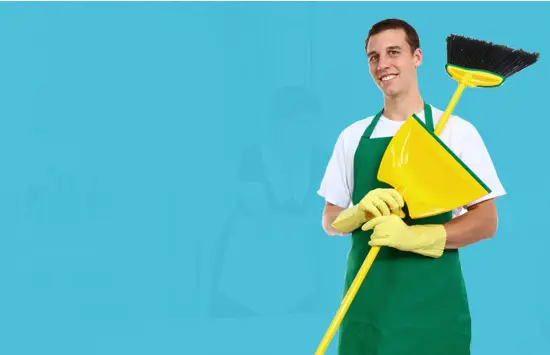
Professional Cleaning Services in Gold Coast
book now
Recent Posts
-
![Comprehensive Guide to Bond Cleaning with Ozclean]()
A Comprehensive Guide to Bond Cleaning with Ozclean
January 18, 2024
Admin
-
![blog-thumbnail]()
-
![blog-thumbnail]()
The Complete Guide to Dog Hair Removal from Office Carpets
December 28, 2023
Admin
-
![blog-thumbnail]()
Winter Cleaning Tips For Outdoor Spaces
August 03, 2023
Admin
-
![blog-thumbnail]()
Robotic Vacuums: Advantages And Disadvantages
April 14, 2023
Admin
-
![blog thumbnail]()
Tips For Cleaning Your Kitchen Efficiently And Effectively
March 30, 2023
Admin
-
![blog-thumbnail]()
Room-by-Room Cleaning Checklists for an Efficient Clean
March 08, 2023
Admin
-
![blog-thumbnail]()
Effective Ways To Remove Rust Stains From Bathtub
January 31, 2022
Admin
-
![blog-thumbnail]()
5 Effective Carpet Cleaning Hacks
January 10, 2022
Admin
-
![blog-thumbnail]()
5 Cleaning Tips For Pregnant Ladies
December 27, 2022
Admin
-
![blog-thumbnail]()
6 Tips To Choose The Ideal Vacuum Cleaner For Your Car
December 13, 2022
Admin
-
![blog-thumbnail]()
5 Benefits When You Chose Professional Roof Cleaning
May 03, 2022
Admin
